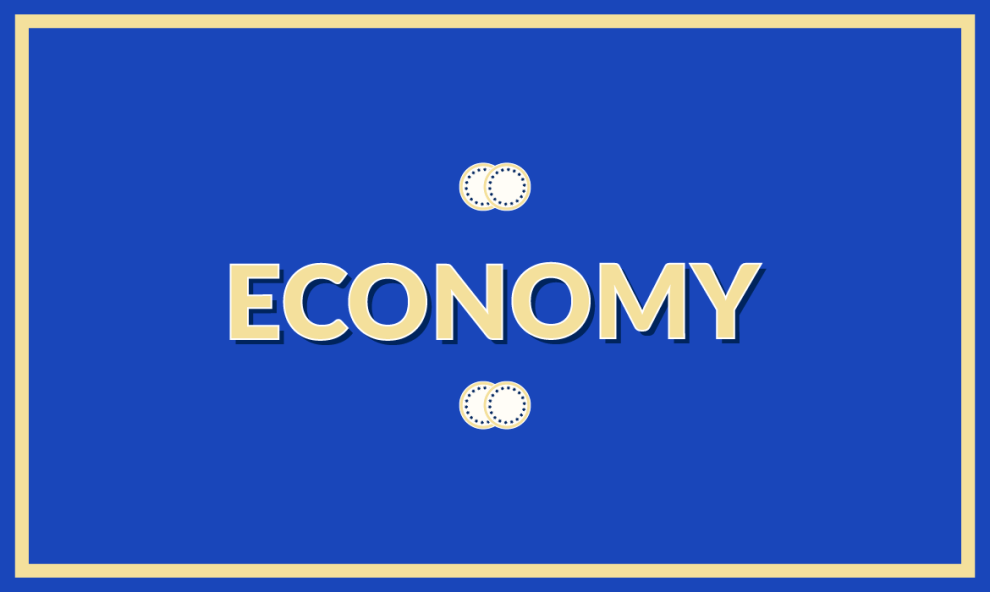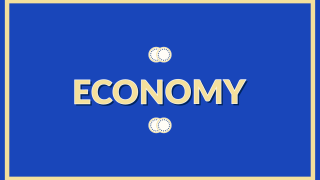As a result of the Constitutional reforms issued on June 2013 which deal with economic competition, the Executive Power presented an initiative to implement the new Federal Law of Economic Competition (LFCE).
The proposed judicial framework is presented as a renewal to the regulation of economic competition that has sought to guarantee the free market participation. Backed up by the Constitutional autonomy established for the Federal Commission of Economic Competency (CFCE), the main purpose of this reform is, as stated by the President, to solve inefficiencies and mistakes that occur within procedures related to competition, all which have hindered the primary objective of the former Federal Competition Commission. Thereby, the new LFCE will guarantee a clear separation between the powers of research and decision-making, will broad the catalogue for anti-competition practices in order to prosecute illegal behavior, and would approve with greater precision those concentrations that are subject to scrutiny and authorization from the regulating entity. The initiative retakes some valuable international practices such as sanctioning those individuals responsible of absolute anti-competitive practices with penalties that are up to 10% on the income of the economic agent or up to 180 thousand times Mexico City´s current minimum wage. Likewise, CFCE will keep on exercising collective actions and will be able to play an antagonizing role by voicing non-binding recommendations about public policies, law initiatives and regulations; international treaties and procedures of asset stripping. However, there are several doubts as to how several aspects have remerged regarding this law’s content, particularly within the private sector, and whether it will have the necessary elements to comply with the ambitious targets set by the Federal Executive Power.
A major risk for this reform initiative is the negative consequences that the lack of clarity in some definitions and the incorrect allocation of powers could cause within the economy. An example of the aforementioned is the concept of access to essential inputs, established in the Constitution and responsibility of CFCE. Such concept requires, as mentioned by Luis de La Calle, an accurate definition of “essential input”, in the allocation of powers as to establish who might require the appointment of such an input as well as the description of the technical procedure to acquire it. Although access to essential inputs is crucial to ensure a greater and better allocation of resources within an economy, its discretional use can be engaged to commitments that are more political than economical, thus, putting the 2013 reform in a serious risk. It is pivotal that these new powers are protected by clear counterweights that will limit an abusive State intervention that might establish control over prices as well as volumes and ways to access the aforementioned goods. An excess of regulation might imply major setbacks in the modernization of Mexican economy do to the creation of incentives that are opposed to free markets. The great risk of returning to economic policies sustained by favors, interests, advantages and benefits for just a few can turn out to be quite expensive for Mexico in terms of growth and development. If the secondary legislation lacks clear free market guidelines, the Constitutional reform might turn to be inoperative to achieve more efficient markets, that is, allocating resources for the benefit of the majority. The great temptation of legislating following a reasoning that is more political than economic may impact a strengthening of a government that does not necessarily imply a strengthening of the rule of law, which is the true essential input of judicial certainty to attract long-term investments. The dilemma is very clear: centralization of decisions and power or a modern and competitive economy. They are two models and two clearly differentiated structures.
CIDAC






Comments